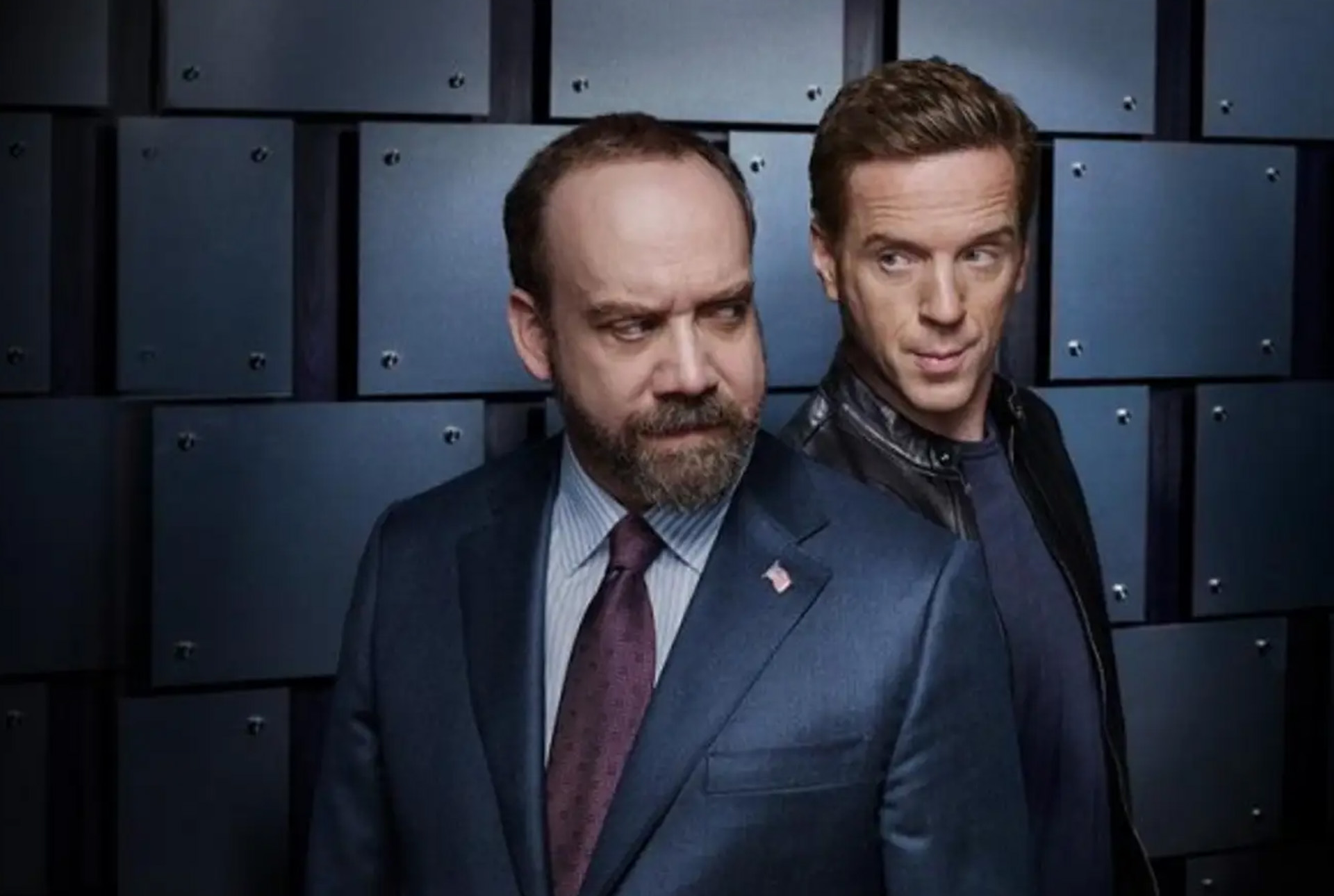"Billions," "House Of Cards" and the pleasure of revulsion
There are things you'd really rather not see on TV: a Paul Giamatti, for example, lying tied up on the floor to be first burned with a cigarette by a dominatrix and finally given relief by her urine. Or a Kevin Spacey who gives a run-over dog the coup de grace at the beginning of a series - not without a few cynical remarks. As viewers of Netflix productions such as "House Of Cards" or the recently launched financial thriller "Billions" via Showtime, we are confronted with the antiheroism of the main protagonists right at the beginning, only to feel a perverse pleasure in their further dismantling in the aftermath. Not because their moral drop is so high - in this respect, the characters are already at the bottom - but because they rise and become powerful precisely as a result of their moral deficits. The big fall - be it early precursors like Vic Mackey in "The Shield," Tony Soprano, Nucky Thompson ("Boardwalk Empire") or characters initially expected to have integrity by nature, like Spacey's Francis J. Underwood or Paul Giamatti's Attorney General Chuck Rhoades in "Billions" - usually comes at the very end.
More than ever, we also seem fascinated on television by power games whose mechanisms often remain hidden from us in real life. Perhaps because we do not want to see what is hidden behind the media veil, but perhaps also because the protagonists of these power games do not seem interesting enough to us. What is a top SPD politician against a Francis J. Underwood, what is a small party-political skirmish against murder, manslaughter, drug abuse and promiscuous sex? Power plays on TV are only as sexy as their protagonists. And one increasingly gets the impression that the protagonist and the actor are fixed before a power-playful story is knitted around him. This is called type-writing. In the beginning, perhaps it wasn't necessarily the "House Of Cards" remake, but Kevin Spacey, who one would have liked to have transported to the screen in his basest film incarnations, which is why Francis J. Underwood was virtually written on his body. Or in France, "Sht'i" hero Kad Merad, who has been seen in so many comedies that he seemed formally predestined for a "against-the-grain" cast in the fantastic "Baron Noir" in his Louis De Funesque perpetual restlessness and Rumplestiltskin-like actionism. Finally, Paul Giamatti and Damian Lewis as sinister antagonists in "Billions." In his film career, the former has so often been allowed to conceal human abysses behind a supposedly upstanding façade and only half throttle the inner seething that it's impossible to imagine anyone else in the role of the prosecutor, for whom law and order take precedence over human considerations. The latter has cultivated the role of the (at least) two-faced sympathizer in "Homeland" and is also allowed to keep very dark secrets behind the facade of the charming financial chipster.
The creation of a series like "Billions" could therefore hardly have been more obvious. Internationally, the supposed power centers of the world have long been worked off and with series like "West Wing" or "House of Cards" in the U.S. or "Borgen" or the comparatively German and staid "The City and the Power" (a series in which much of the international flair of the capital up to the party-political power poker remains only assertion) has shown how individuals bend the system to their advantage. Now - after it had already gained dramaturgical influence in "House Of Cards" - it's the turn of the world's true power center: international high finance. Not a minute too late, as among others, the Oscar® nominee "The Big Short" shows. And thanks to creative participation of the renowned financial journalist Andrew Ross Sorkin (whose book "Too Big To Fail" had already been filmed by HBO) also in terms of content absolutely up to date.
In the center are state power on the one hand (Paul Giamatti's prosecutor) and unrestrained financial jugglery (Damian Lewis' hedge fund guru) on the other. Driven by pathological ambition, prosecutor Rhoades only tackles cases whose chances of success do not endanger his track record, while "grasshopper" Bobby Axelrod is intent on maintaining the positive public image he has despite windy deals. The fact that both egos clash in "Billions" has structural and personal reasons. Rhoades is under pressure to land a bigger fish, and subtle competition seems to play a role for both of them. Because Rhoades' wife (and dominatrix) Wendy (Maggie Siff) stands between the two as Axelrod's company psychologist and bearer of secrets, very personal rope relationships quickly become the plaything of the conflicting interests. This works so well (so far) primarily because Paul Giamatti and Damian Lewis are pitted against each other here. And because there is little that repels the average viewer more than the vain mixture of "What's the world coming to" bigotry and arrogant old political aristocracy. Only time will tell how sustainable this dramaturgical increase in baseness is. Especially since "Billions" has already been extended into another season. In any case, Spacey and his house of cards must be careful not to collapse as a sideshow in the matter of "Who rules the world? While both should also keep an eye on Europe, where "Baron Noir" is apparently preparing to send the game of power and perfidy into the next round.
Christopher Büchele
.
